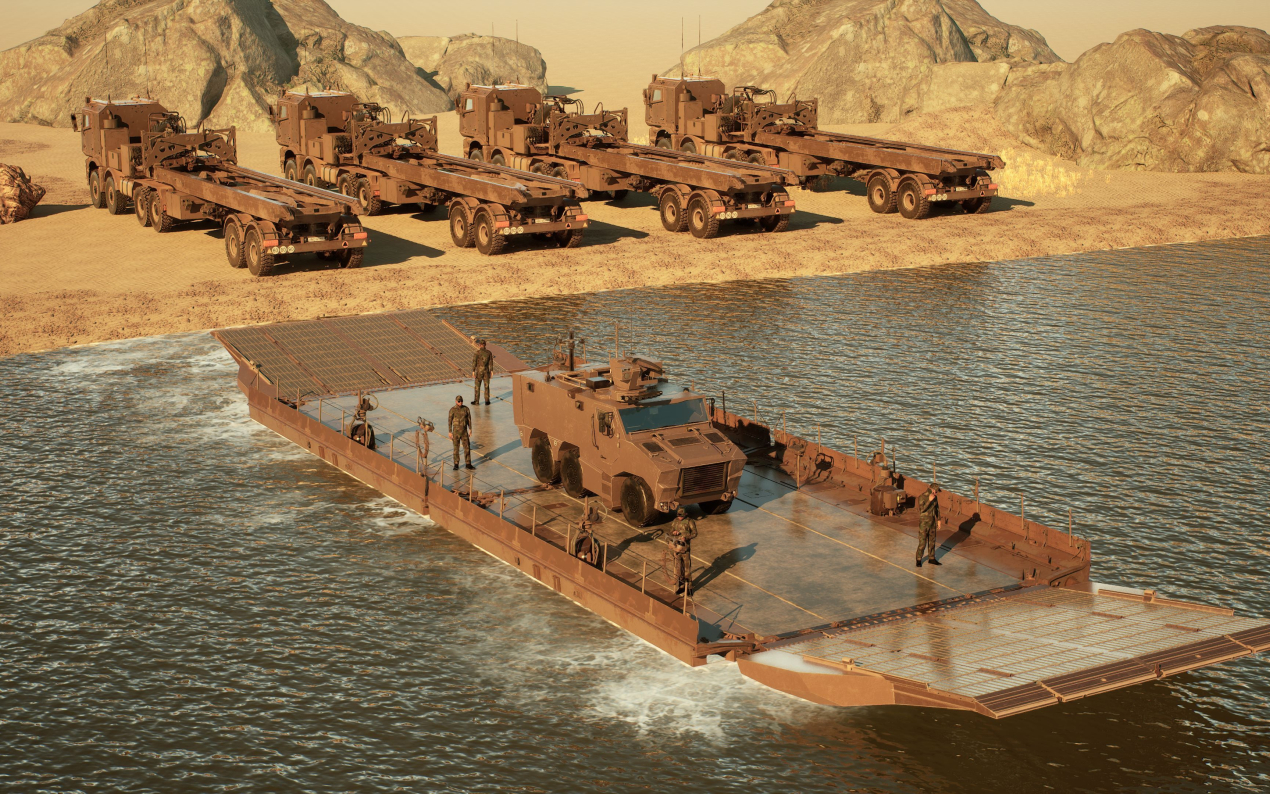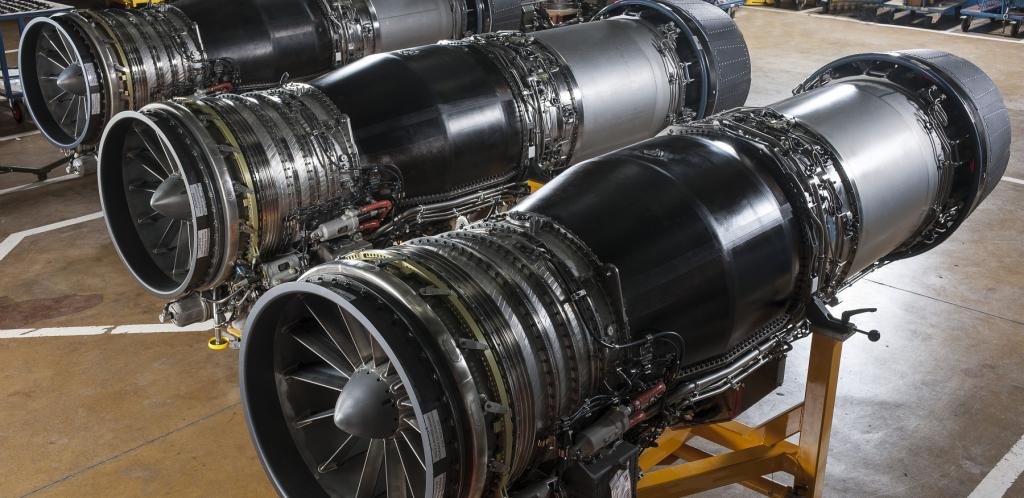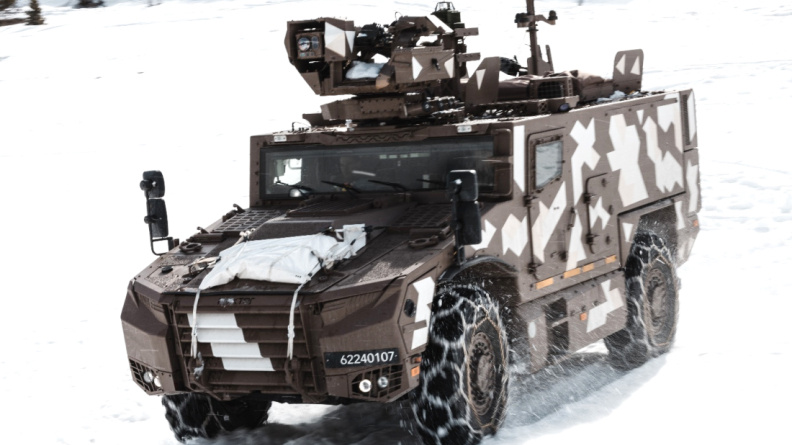The Democratic Republic of the Congo (DRC) is going through a critical period in its young political life. In a latent or open state of war since 1994, the DRC has recently held the first free and democratic elections on its territory for more than 40 years. The results published on 29 October 2006 confirmed Joseph Kabila as president of this country that covers an area the size of the whole of Western Europe. The UN Mission in the DR Congo (MONUC) has provided support to the nation since 1999. Faced with potential unrest during the democratic transition phase, it sought help from the European Union. The latter agreed to deploy a European force for a period of four months. As its mandate ended on 30 November, it is appropriate to draw initial conclusions concerning the achievements of this European mission, especially relating to the coordination of its operations with the UN. While the EU task was more to provide support in an area where the UN was seriously deficient (quick response forces) than to act in full collaboration, it none the less remains an interesting stage in the development of a synergy between these two organisations in a large-scale operation.







